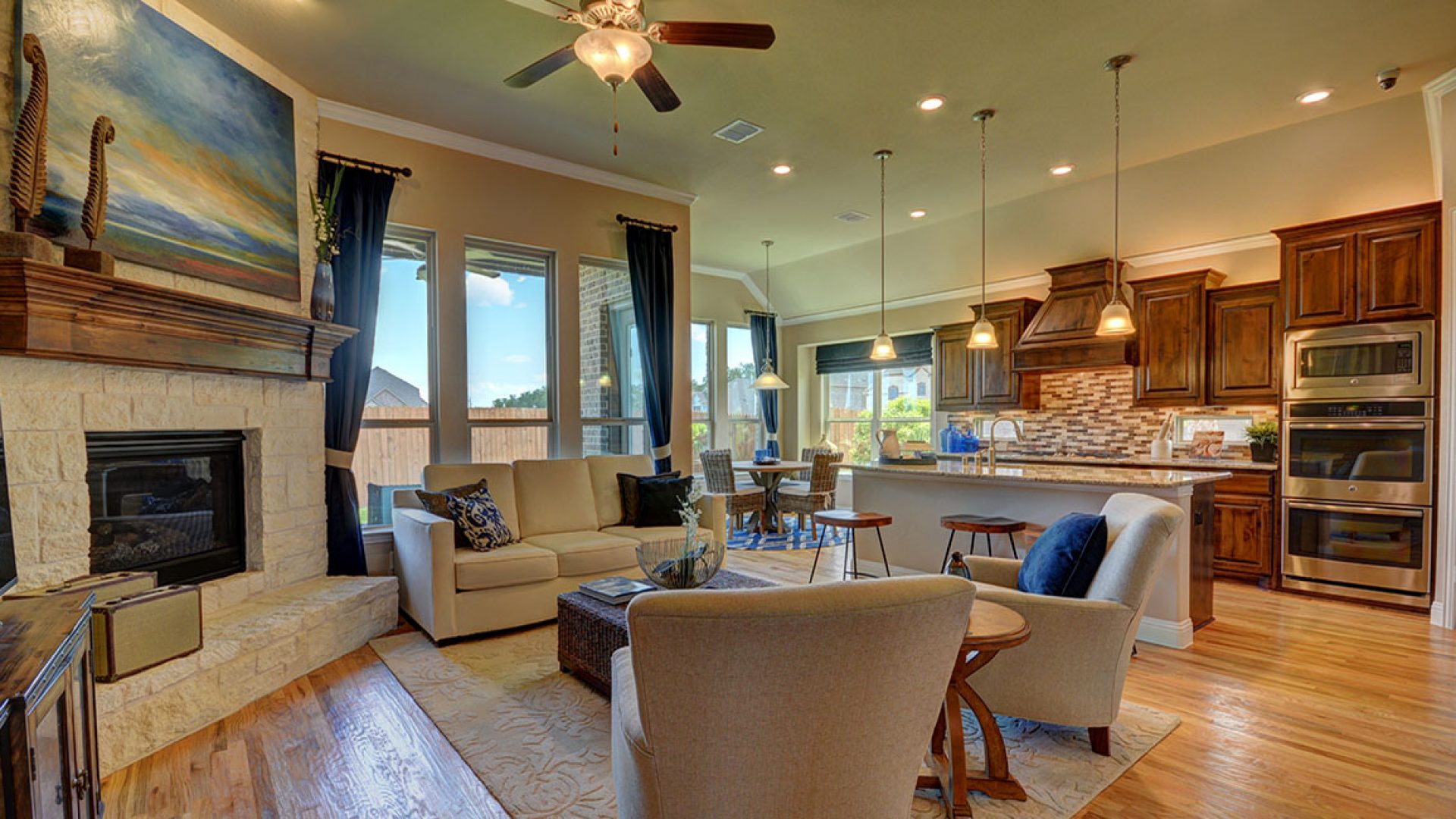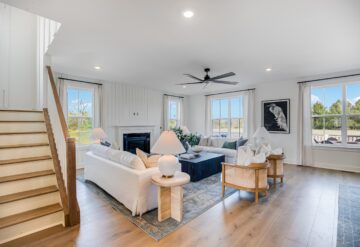There are a variety of reasons people choose to buy a second home. From vacation homes to investment purposes, the reasons are endless. A second home doesn’t have to exhaust all of your financial resources, but it should be an investment that you are financially ready to take on. This Business Insider article by Libby Kane offers seven questions you should ask yourself when hunting for a second home.
Do I really understand what it takes to carry a second home?
Even if you’re flush with cash, Herbert says most people underestimate the cost of carrying a second home. “It’s two of everything,” he says. “Two tax payments, two insurance payments, having to pay someone to cut the lawn twice.”
Plus, he cautions that lending standards might be more stringent in second-home markets. “People need to be prepared to put more down if they’re going to seek financing,” he says. “The lender could ask for as much as 30% down if you’re buying something like a resort condo. Knowing what type of product you’re buying might dictate how much you need to invest initially.” In addition to a higher down payment, a lender might look for extra documentation that the buyer has extra cash on hand or a lower-than-usual debt-to-income ratio.
“Think: Do I have time to finance this property?” Herbert suggests. “Lenders generally put the buyer under more scrutiny on their second home.”
How much time will I spend there?
If you can float the cost of your second home today, it’s time to look a few years into the future. “How much time will you spend there?” Herbert asks. “How many years will you enjoy the property? Are your kids five, and you want to own through senior year of high school?”
What type of memories do I plan to make there? What’s the lifestyle I will live?
Once you know how long you want to be there, it’s time to consider how your family’s life there will change over the years. This summer, you might have elementary school kids who just need a sprinkler and a local ice cream joint to be happy. But what about when you have teenagers?
Herbert points out that in Park City, most of the second-home owners are seeking a lifestyle where the family can ski together. “But you might find out later that all members of your family don’t ski,” he says. “Make sure you’re not focusing on one area because you think that’s the activity your family will enjoy for the next few years.”
One of the best ways to get an idea of what life is really like there is to talk to people who live in the community, he says. Ask the Chamber of Commerce and your realtor if there’s anyone you can talk to about the local lifestyle.
What’s the worst-case scenario? Can I withstand it?
Ideally, you’ll always be in the situation you are now, able to comfortably afford a second home. But “you need to review the worst case scenarios,” Herbert says. “If you’re going to rent, the renters may never come, so you’ll have to prepare to carry it 100% on your own. The market might go up or down, your job status might change, you might put your kids into into private school or college and be stretched too thin. Think of the hurdles life throws at you and make sure you’re prepared.”
What’s my exit plan?
You probably won’t keep the place forever. “Everyone needs to look at an exit strategy,” Herbert says. “At some point you’ll want to liquidate, and in a second-home market it might take longer to sell than in traditional markets. It might take 6-12 months to sell an average-price home in the area.”
If you expect you’ll list your home when you’re finished with it and have an offer in a matter of days, Herbert cautions, you might be too optimistic. How much time will you give yourself to get out?
[Read the full article here.]




